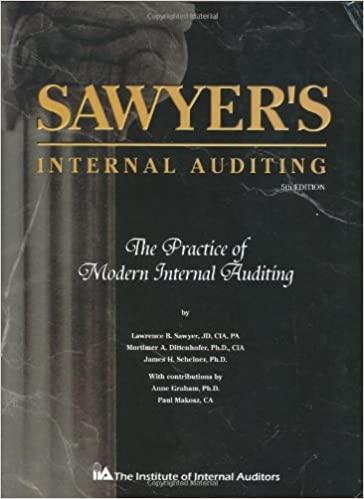Question
1. What is the static budget variance (that is, the difference between the original budget and actual results) for the dinner? 2. Break down the

1. What is the static budget variance (that is, the difference between the original budget and actual results) for the dinner? 2. Break down the static budget variance into a volume variance and a flexible budget variance for the dinner. What do these variances tell you? 3. Break down the flexible budget variance into price and efficiency variances. What do these variances tell you? 4. Break down the price variance into a charge variance and an exchange variance. What do these variances tell you? Note that the charge variance is based solely on the difference between the budgeted price and actual price (based on the currency rate used in the organizations budget). The exchange variance is based solely on the difference between budgeted exchange rate and the exchange rate actually used in paying the invoice.
The data you have to work with, at least for now, are as follows: Actual attendees: 1,234 Expected attendees: 1,220 Actual cost per dinner: 558 Budgeted cost per dinner: 60 (The budget was set at the beginning of December 2014.) Dinner costs (in British pounds) were incurred on May 19, the day of the event. Dinner costs were invoiced and paid (in euros) on May 21 from EAPC accounts. Daily midpoint exchange rate information are listed in 'Table 1. Table 1. Daily Midpoint Exchange Rates Date Cost of 1, in euros December 1, 2014 125789 December 31, 2014 1.28261 May 19, 2015 1.38784 May 21, 2015 1.40346 You called the restaurant, and the manager confirmed that menu price changes take effect only once a year, in SeptemberStep by Step Solution
There are 3 Steps involved in it
Step: 1

Get Instant Access to Expert-Tailored Solutions
See step-by-step solutions with expert insights and AI powered tools for academic success
Step: 2

Step: 3

Ace Your Homework with AI
Get the answers you need in no time with our AI-driven, step-by-step assistance
Get Started


